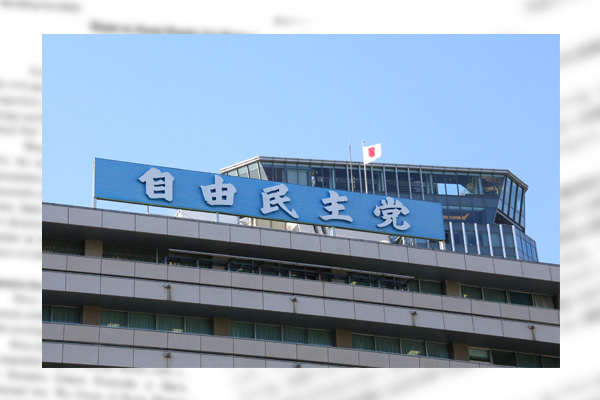Do not be too sympathetic to China. This is a message to Japan’s ruling Liberal Democratic Party and Komeito party in regard to their attitude on China’s enforcement of the Hong Kong national security law to enhance control on the former British colony. In contrast to major opposition parties that immediately released statements criticizing China for the enforcement, the ruling parties have refrained from issuing any official statement. Although the LDP’s Foreign Affairs Division has drafted a resolution calling for cancelling Chinese President Xi Jinping’s planned state visit to Japan, the party’s Secretary General Toshihiro Nikai has put it on hold.
Cancel Xi’s planned state visit to Japan
The Constitutional Democratic Party of Japan, the largest opposition party, branded the enforcement of the Hong Kong law as “very worrisome and regrettable.” The Japanese Communist Party, which had friendly relations with the Chinese Communist Party once, described the Chinese action as “outrageous” and demanded its repeal. JCP Chairman Kazuo Shii denounced the CCP’s action as “unrelated to socialism” and concluded that the CCP is “not worthy of being called a communist party.”
The ruling parties were late to respond to the Chinese action. At a press conference on July 3, Komeito Secretary General Tetsuo Saito only said, “top priority should be given to ensuring that Japanese citizens in China can act securely without being harmed. We would like to closely watch future developments.” The Komeito, which contributed to normalizing Japan’s relations with China in 1972, has developed a relationship with the CCP under which the party would never say “no” to China. The Komeito has committed itself to protecting human rights and peace. It had better withdraw the commitment if it retains the current China policy.
Concerned that the LDP lagged behind opposition parties in reacting to the Chinese action, LDP Policy Research Council Chairman Fumio Kishida on July 3 led key members of the Foreign Affairs Division and the Research Commission on Foreign Affairs of the party to draft a resolution that harshly criticizes the enforcement of the Hong Kong national security law and urges the government to cancel President Xi’s state visit to Japan that had been postponed because of the coronavirus pandemic. However, the pro-Beijing Mr. Nikai instructed consultations with the Foreign Ministry to avoid any friction with China, preventing the LDP from presenting the resolution to the Prime Minister’s Office within the day.
Modern-day tributary diplomacy
“The word ‘cancellation’ should not be watered down to the advantage of China. How far the party understands the significance of democracy is called into question,” said a senior member of the Foreign Affairs Division, raising an objection to Nikai’s intervention.
If the ruling camp retains what should be taken as a “modern-day tributary diplomacy” with China, it could obstruct the unity of the Group of Seven Western countries that has issued a statement of their foreign ministers expressing grave concern on the Hong Kong national security law and affect the Abe administration’s China policy.
Whether Kishida could push through the draft resolution for the cancellation of Xi’s visit without succumbing to Nikai’s pressure is tested. If Kishida, a former foreign minister, fails to do so, he would not deserve to be a candidate for the next LDP leader after Prime Minister Shinzo Abe.
Takashi Arimoto is a publisher of Monthly Magazine SEIRON at the Sankei Shimbun newspaper.


